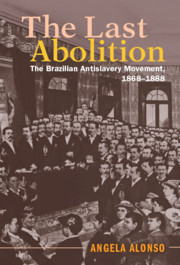In this article, we identify the comics of the Real Cost of Prisons Project as graphic memory work that denaturalises ‘penal common sense’ and engages in graphic witnessing. To show how the United States’ ‘crime problem’ established a seemingly natural link between crime and incarceration, we first review the criminological aspects of American comics memory. Then, we demonstrate how The Real Cost of Prisons Comix reworks the historical and social dynamics of the American carceral regime through its abolitionist framework. We discuss the importance of the image–text form for abolitionist pedagogy by reflecting on the position of comics in carceral textual cultures and the use of these comics in activist education. Finally, we emphasise that the comics created by the Real Cost of Prisons Project should be understood as pedagogical tools in a broader abolitionist movement whereby the historical and social education initiated by memory work aims to ignite collaborative praxis. In this sense, we show that their activist memory work is a means to demystify the historical processes of carceral expansion, enabling its audience to develop historical consciousness.

